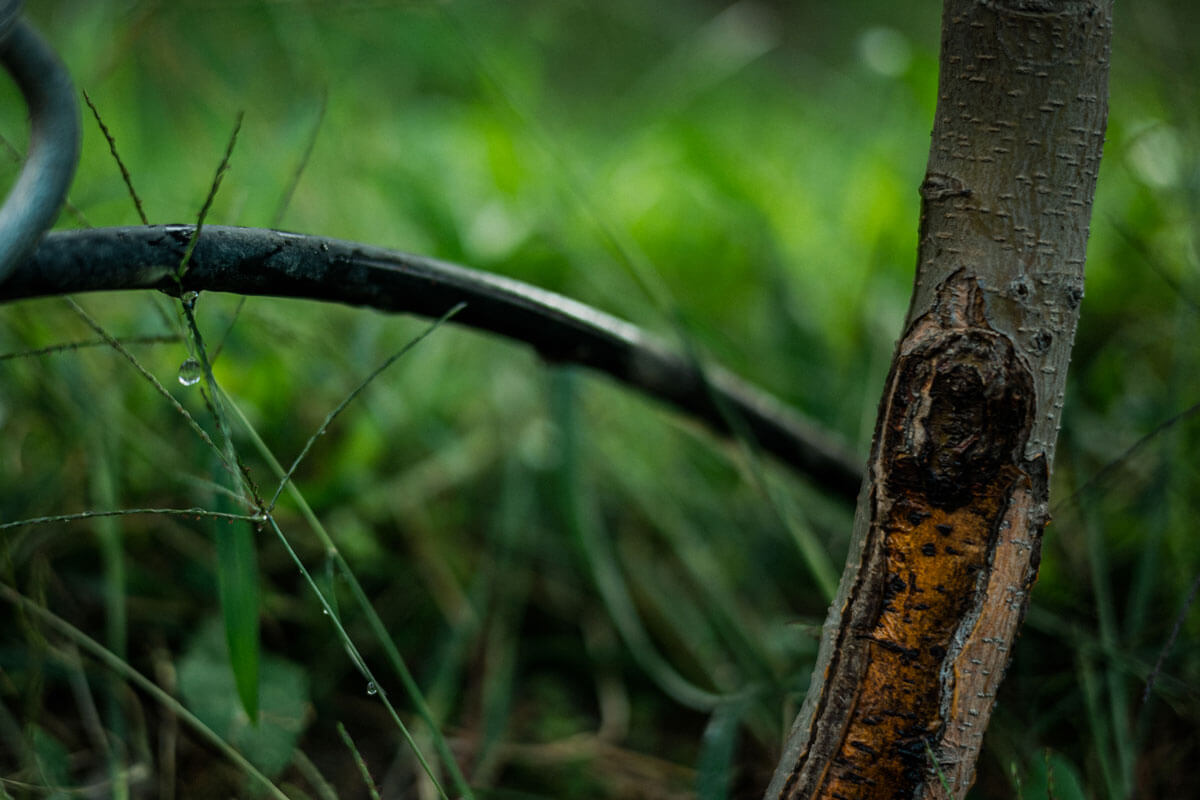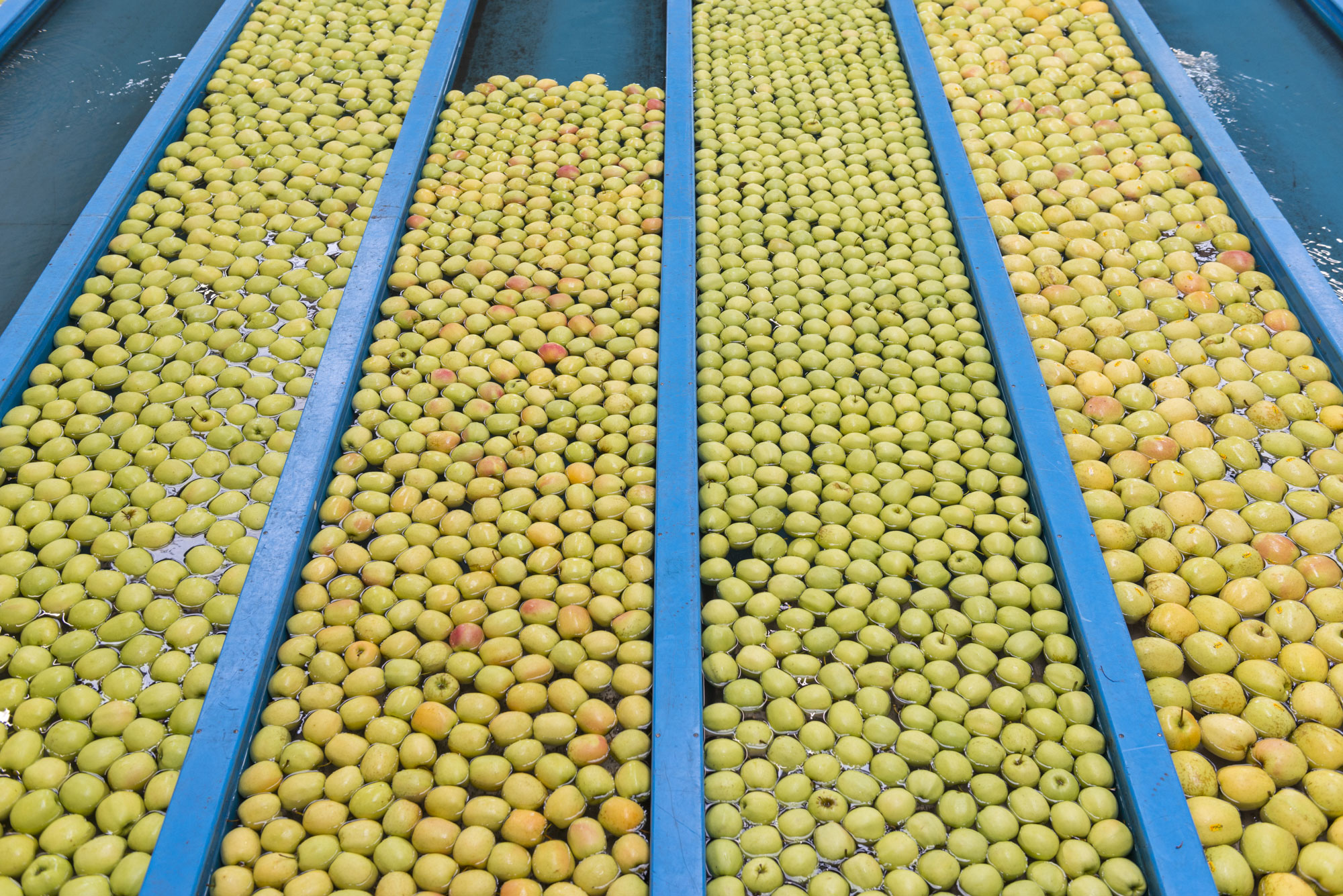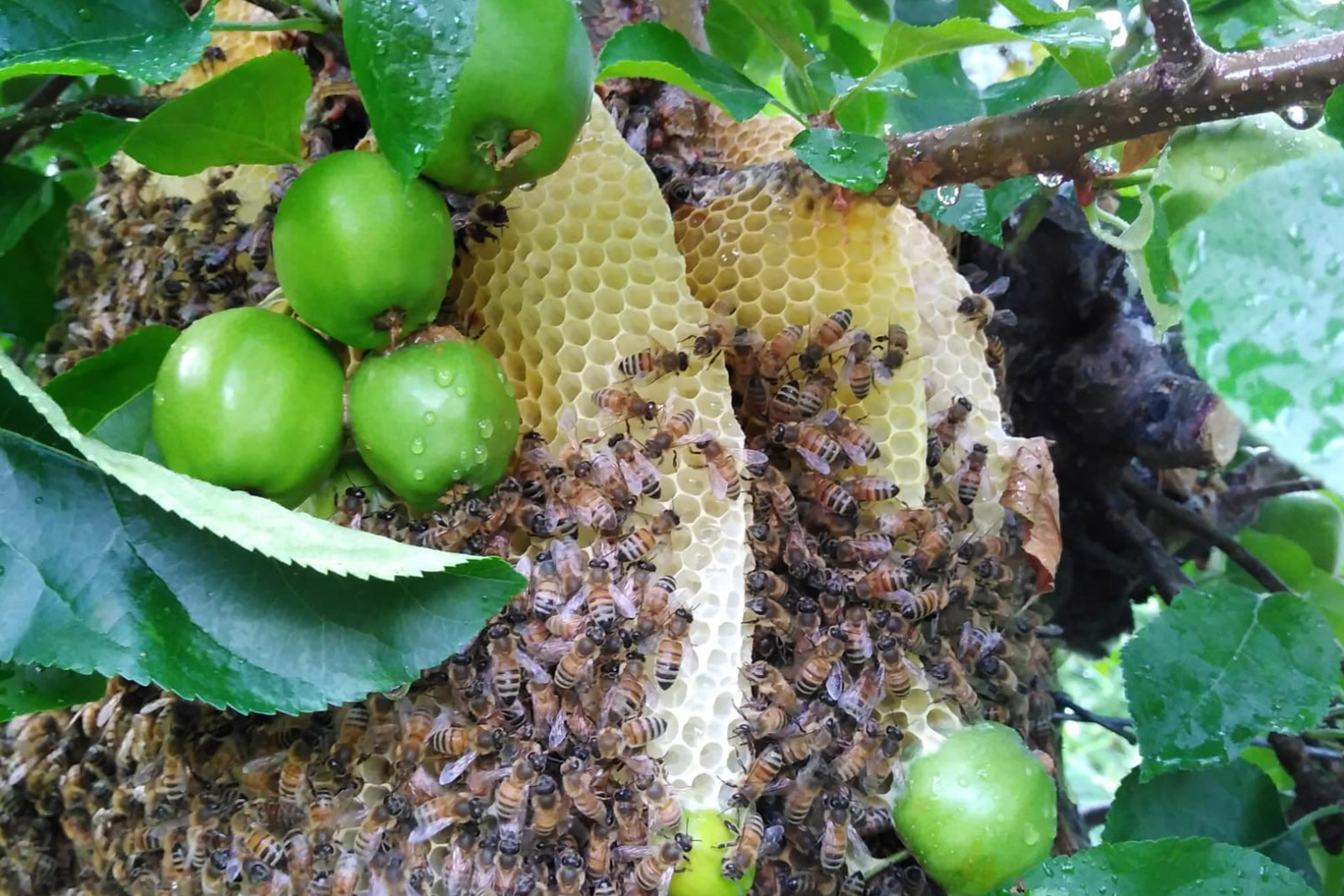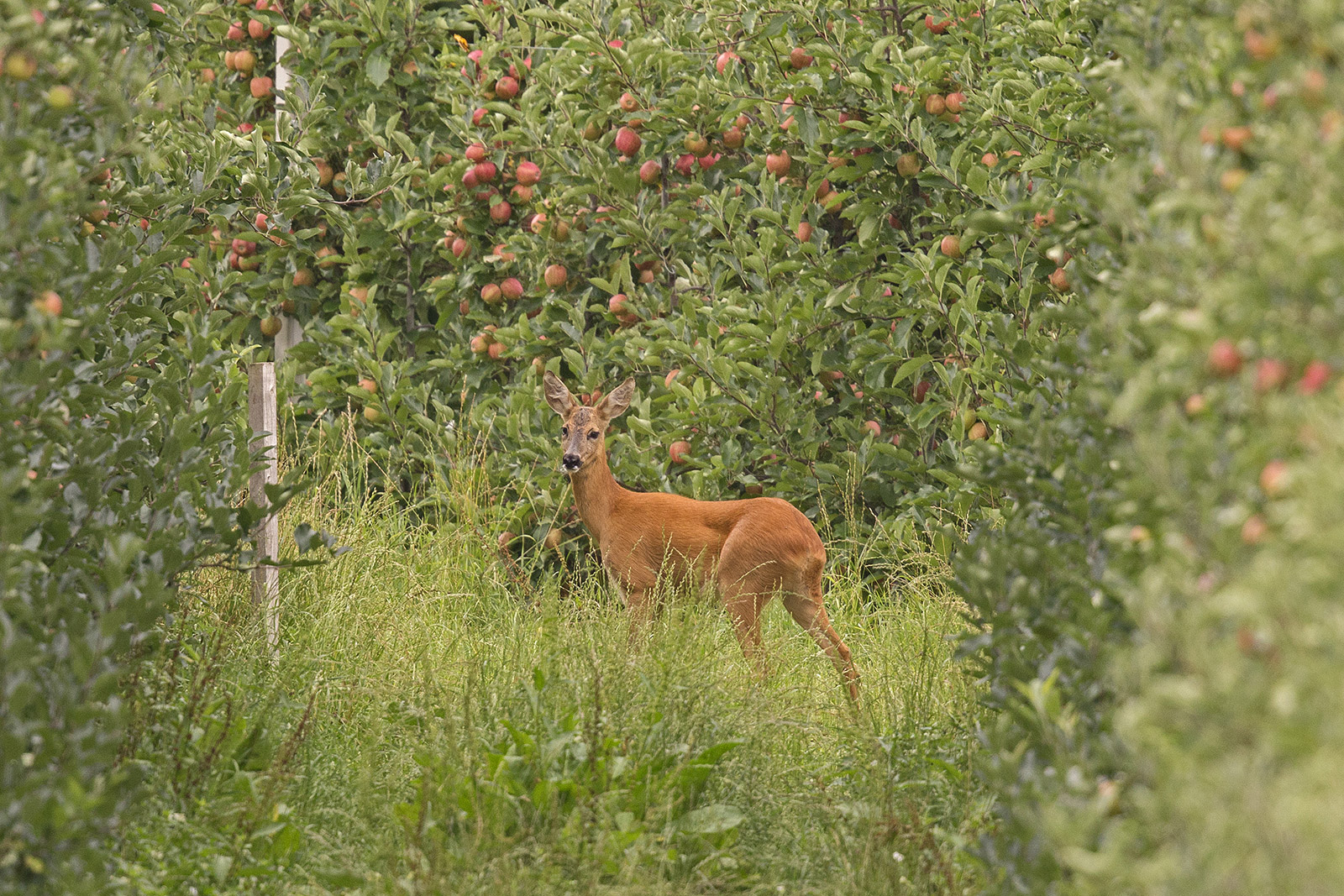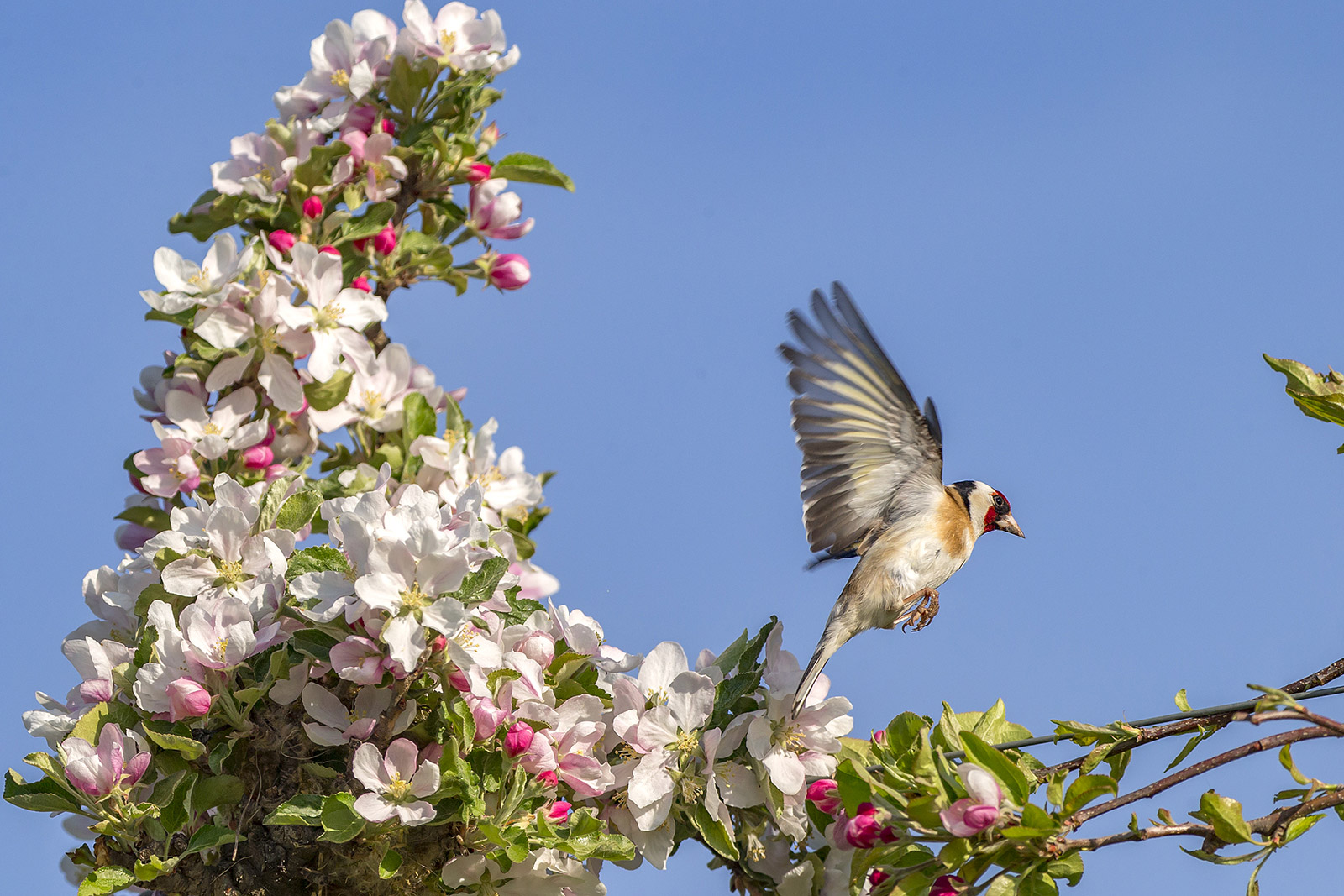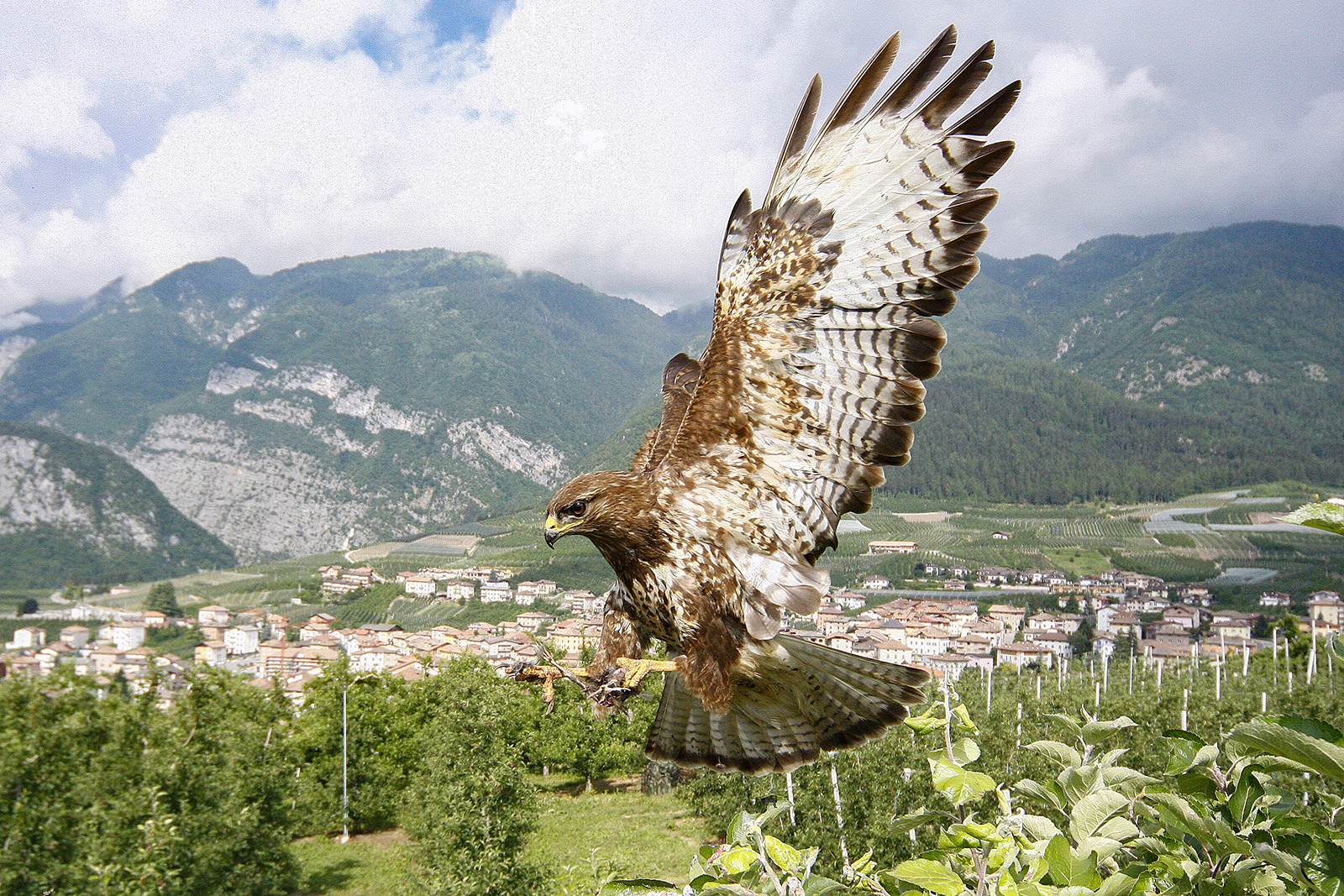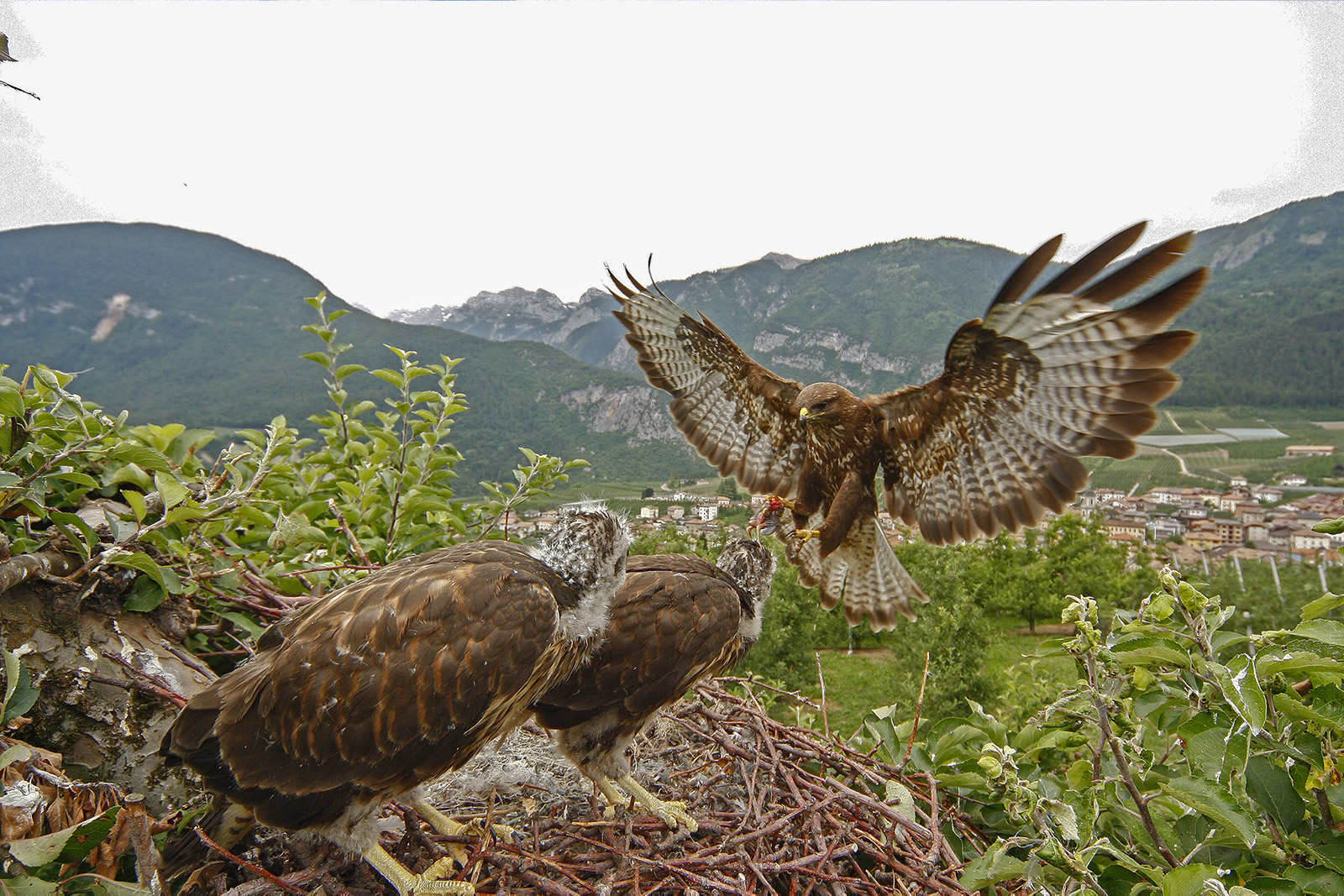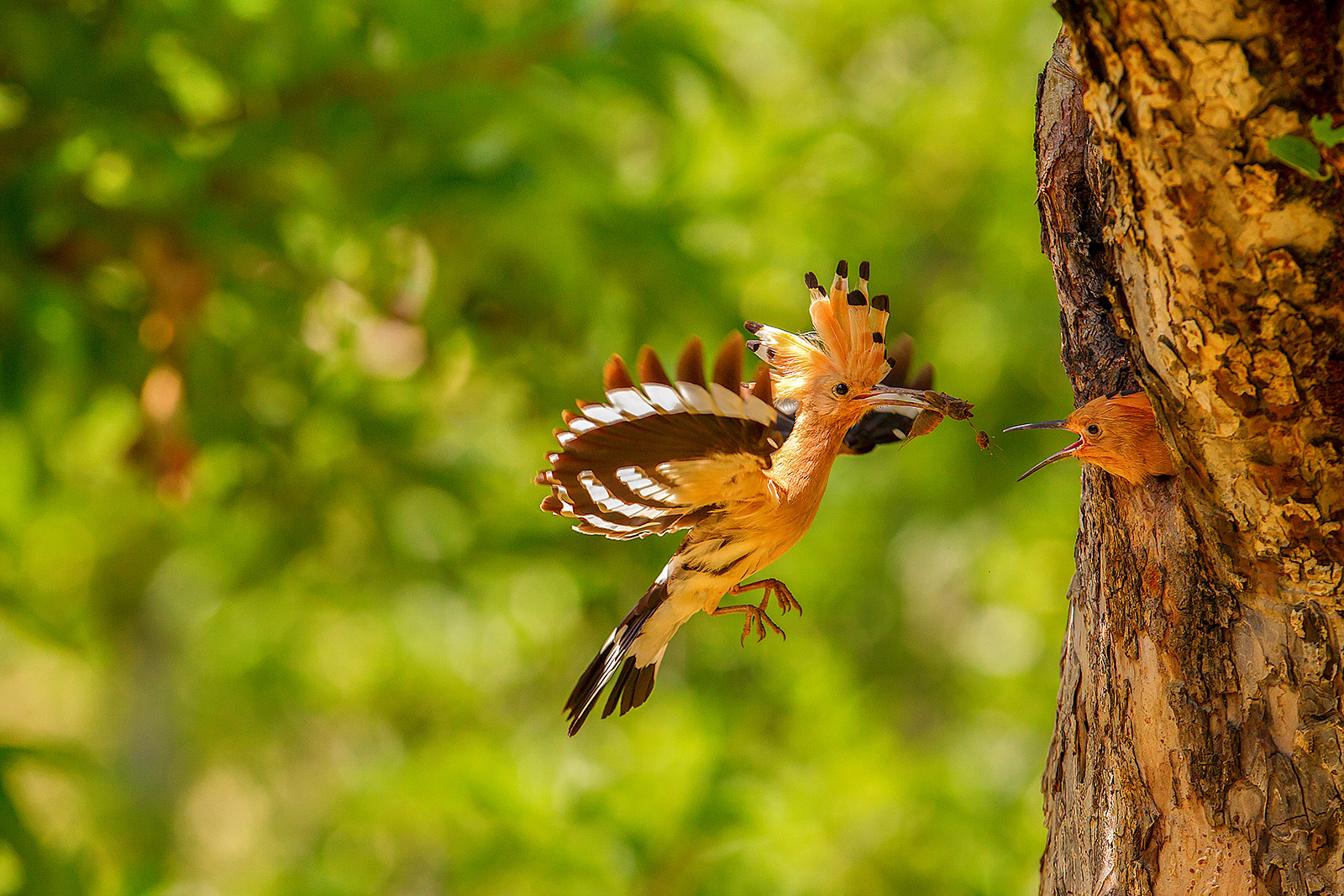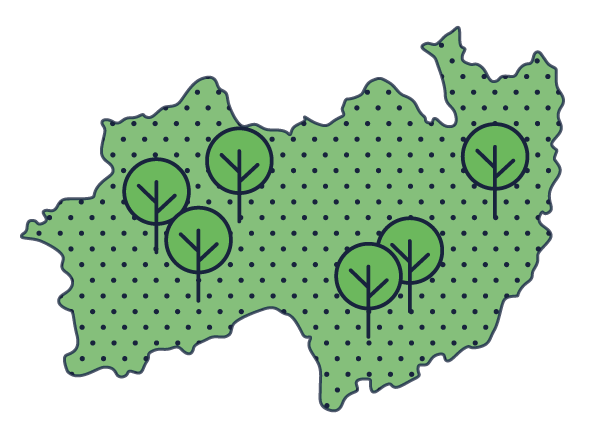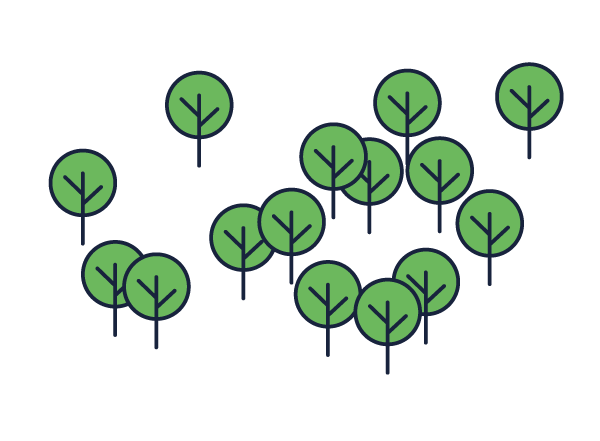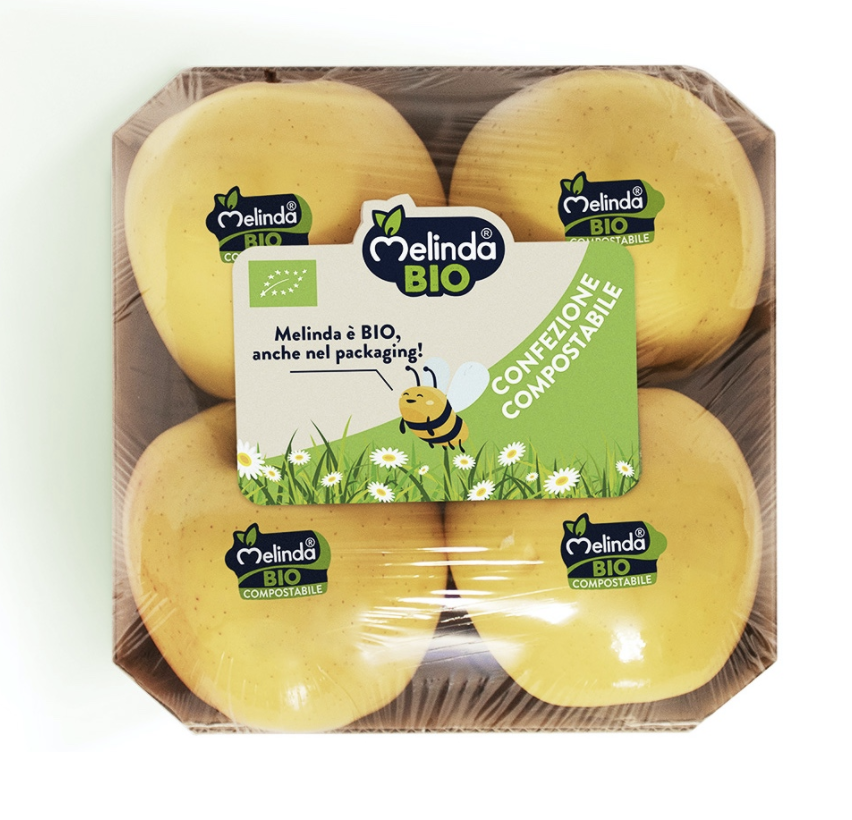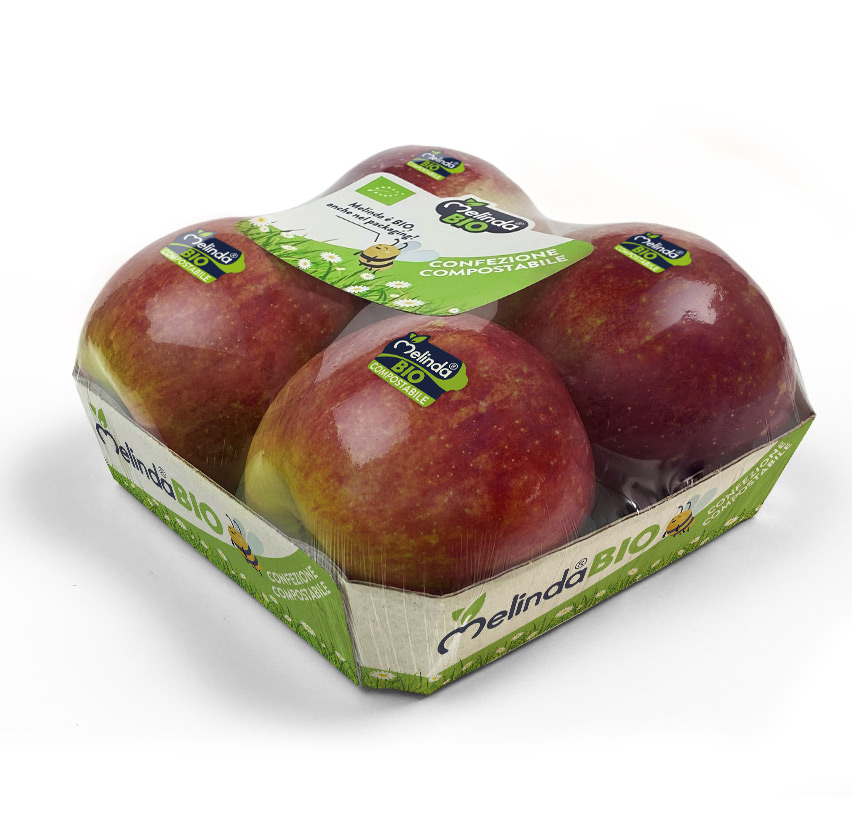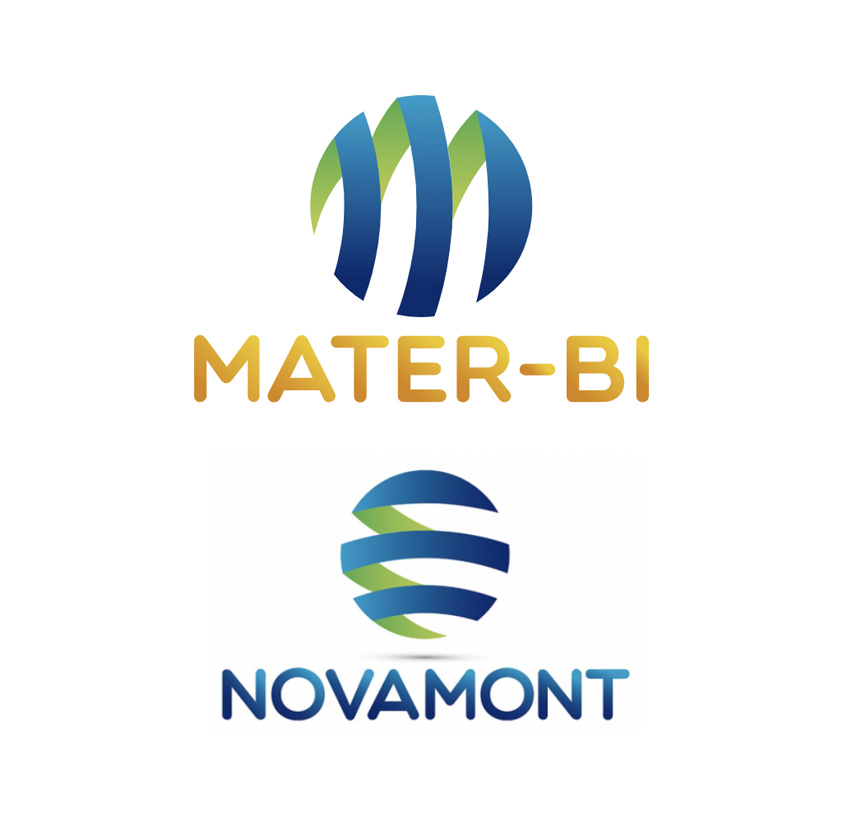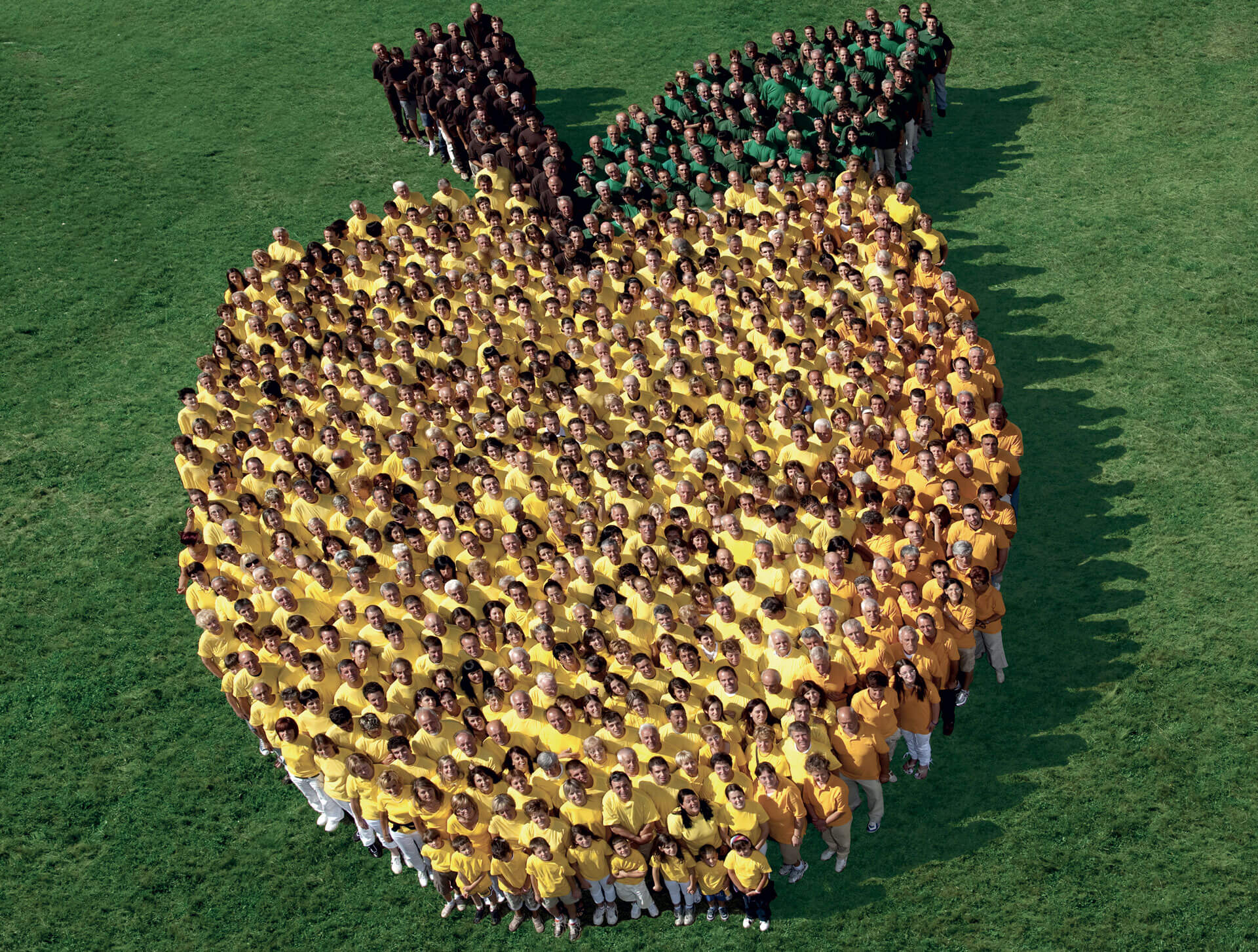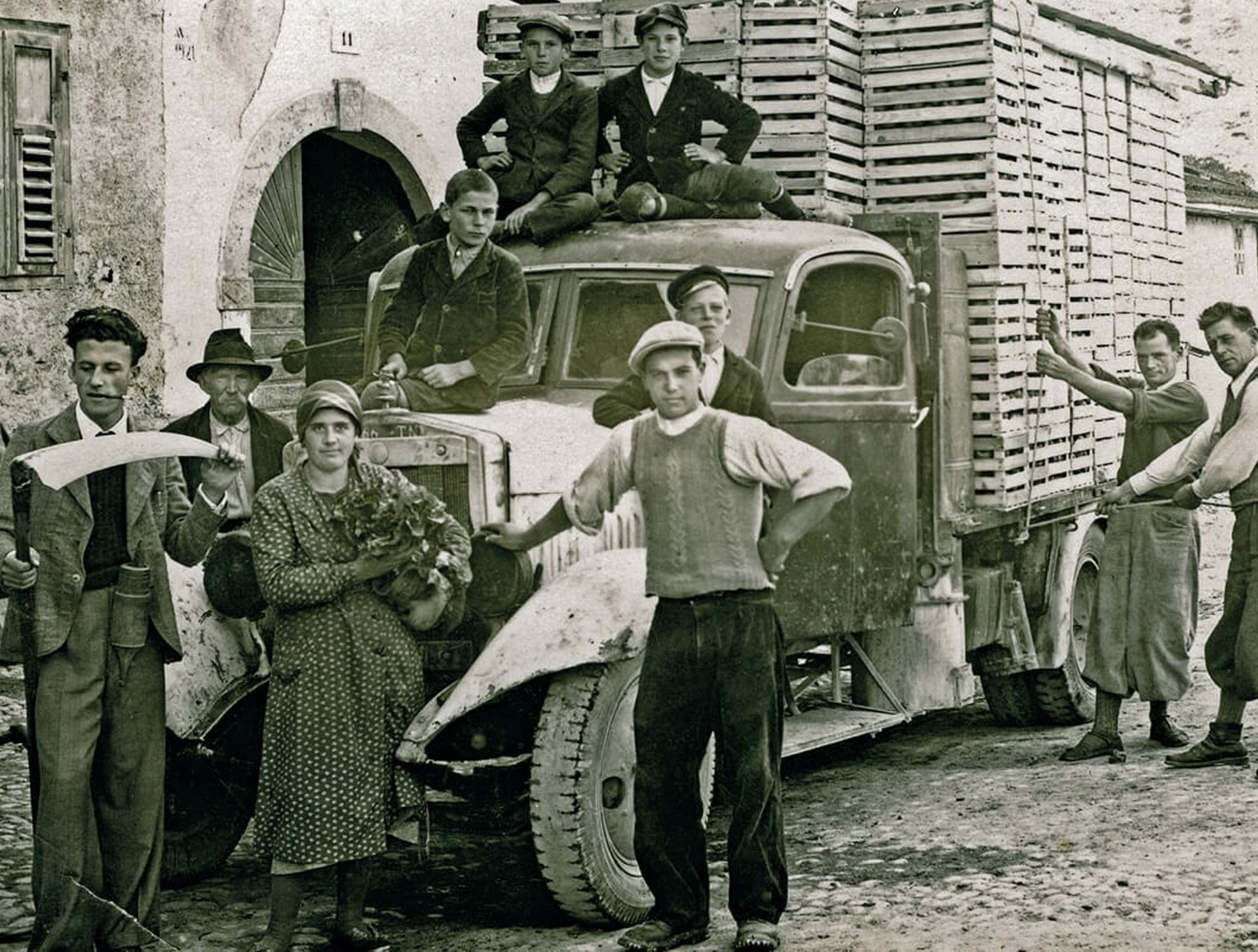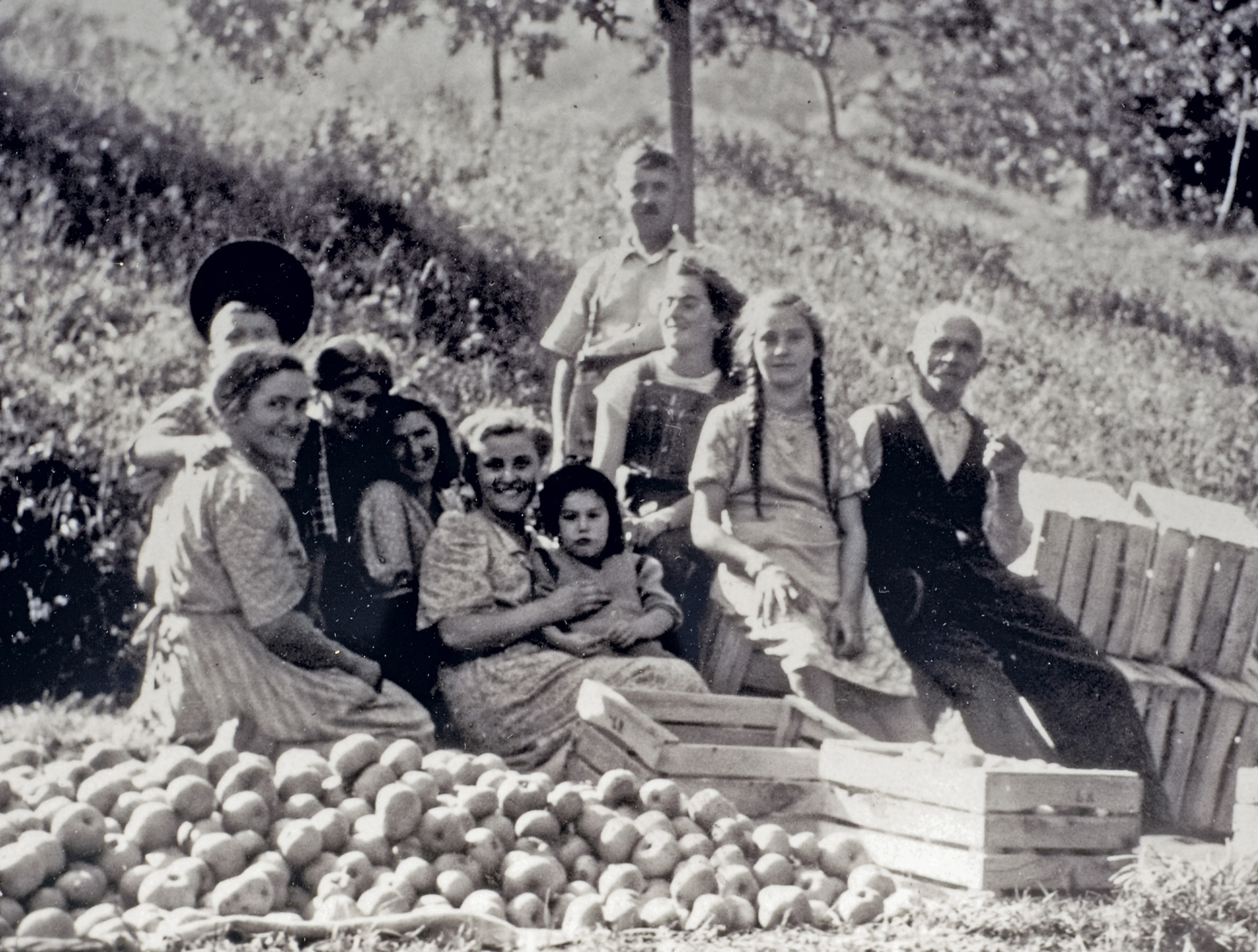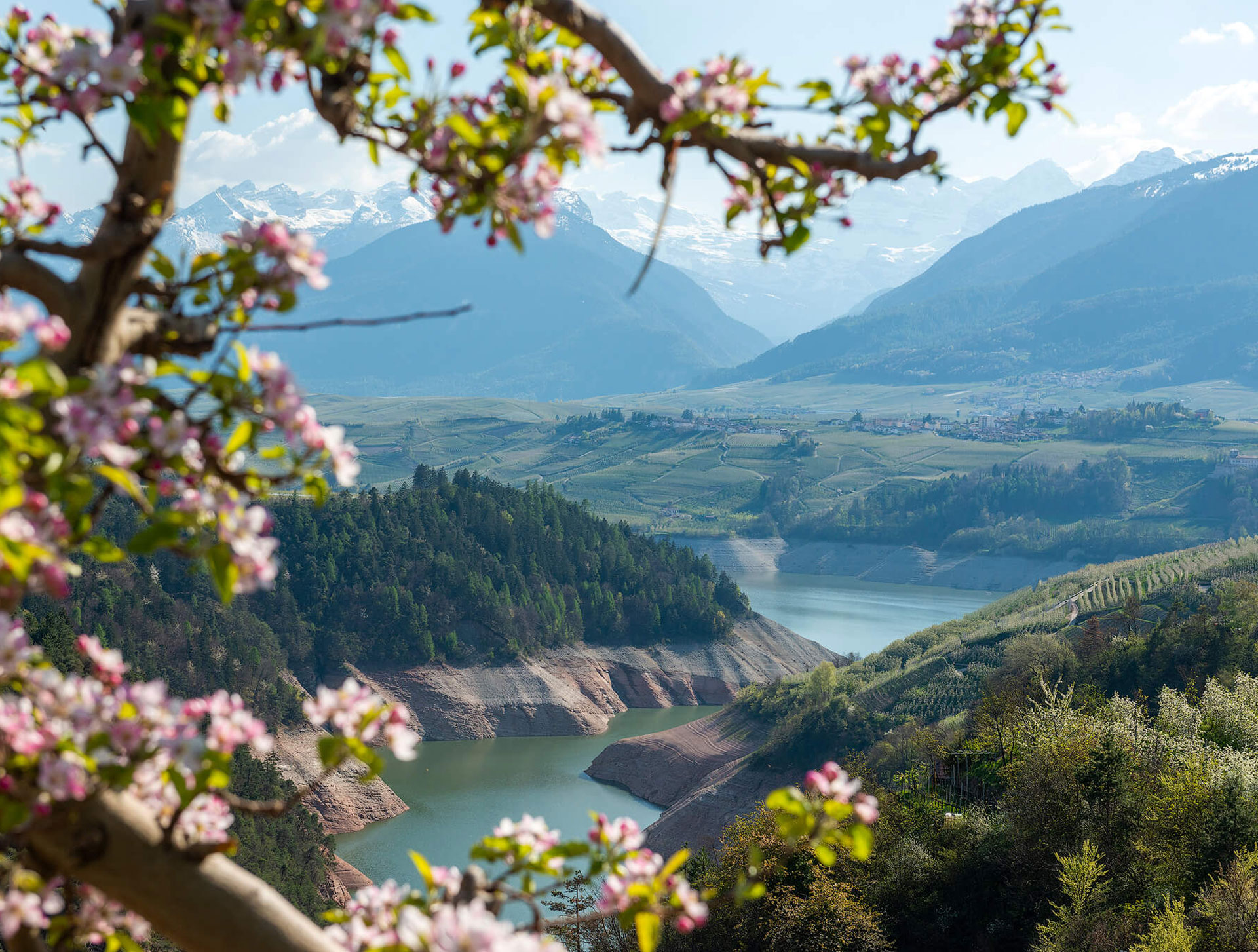DISCOVER OUR ACTIONS
MELINDA'S
SUSTAINABILITY MANIFESTO,
WHERE WORDS BECOME FACTS.
1. USE ONLY RENEWABLE SOURCES
We use 100% renewable energy resources, 11% of which is self-produced by a photovoltaic system on our structure's roof. The rest is supplied by a hydroelectric power system.
2. NEVER WASTE EVEN A DROP OF WATER
Melinda uses drop irrigation over 97% of its apple orchards. This system improves water distribution among the plants vs traditional overhead irrigation, with 30% less water consumption
3. RESPECT NATURE'S TIMING
Melinda Consortium famers are aware that good products like Melinda apples require time and effort. They have always grown them respecting the biological cycle of the orchard, the rhythm of the seasons and climate
4. BUILD AN ANIMAL-FRIENDLY ECOSYSTEM
In our orchards you can find a strong presence of fauna (insects, birds, wildlife), this is an index of the environment's wellness. In our valleys, apiculture and farming go arm in arm, and pollinating insects, like bees, are becoming more numerous for the increasing number of beehives and beekeepers.
5. SUPPORTING ORGANIC FARMING
The Consortium proudly uses the two methods that are most respectful for the environment and for consumers' health: 100% organic and integrated production with 5 organic farming-districts dedicated to the fruit grown according to their Procedural guidelines, and packed in 100% compostable packaging
6. PROTECT THE TERRITORY
Our apples are available all year around because they are preserved in refrigerated warehouses. Instead of building new ones on the surface, we created in the heart of our mountains, our hypogeal cells, the first and only in the world, underground- refrigerated-storage-system for apples.
7. SUPPORT COMMUNITY LIFE
Melinda Consortium guaranteeseconomic sustainability for its territory and has allowed the development and growth of two alpine valleys, that at the turn of the Twentieth century were threatened by depopulation for their poverty
